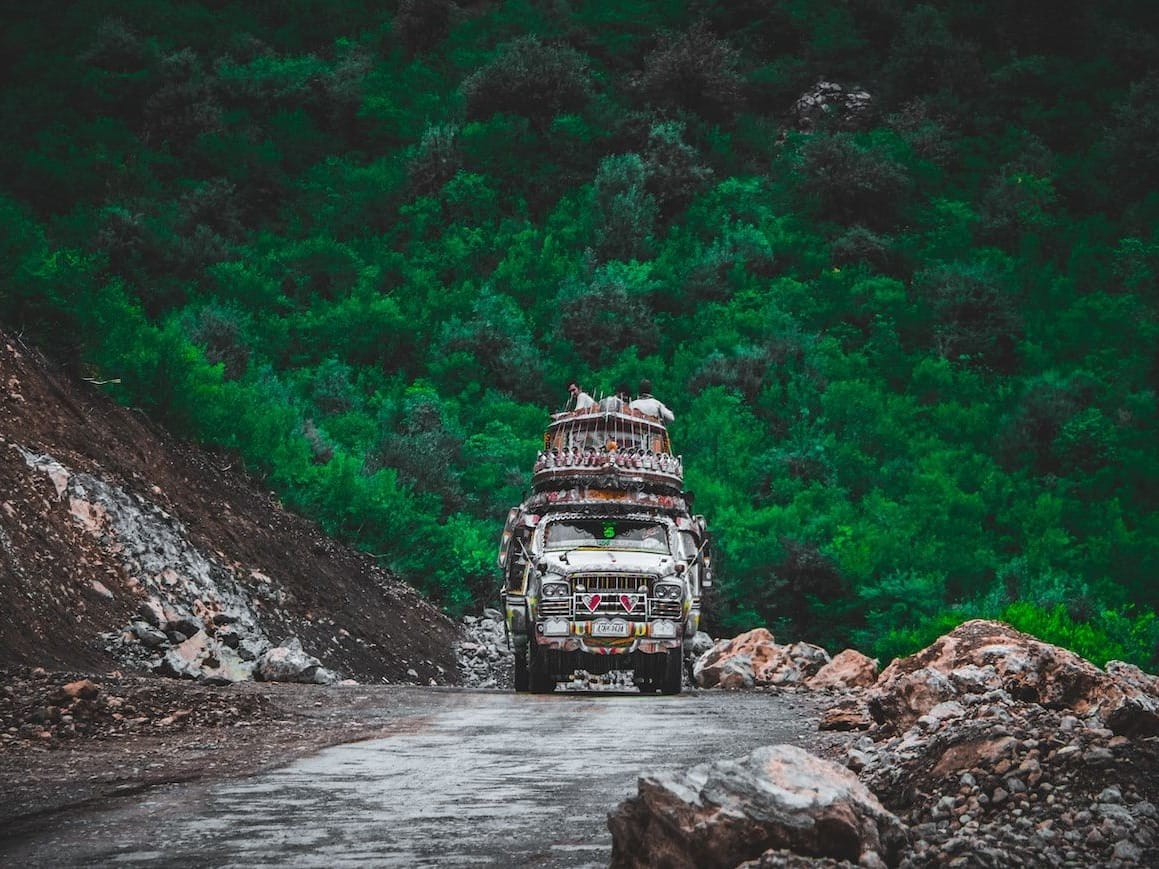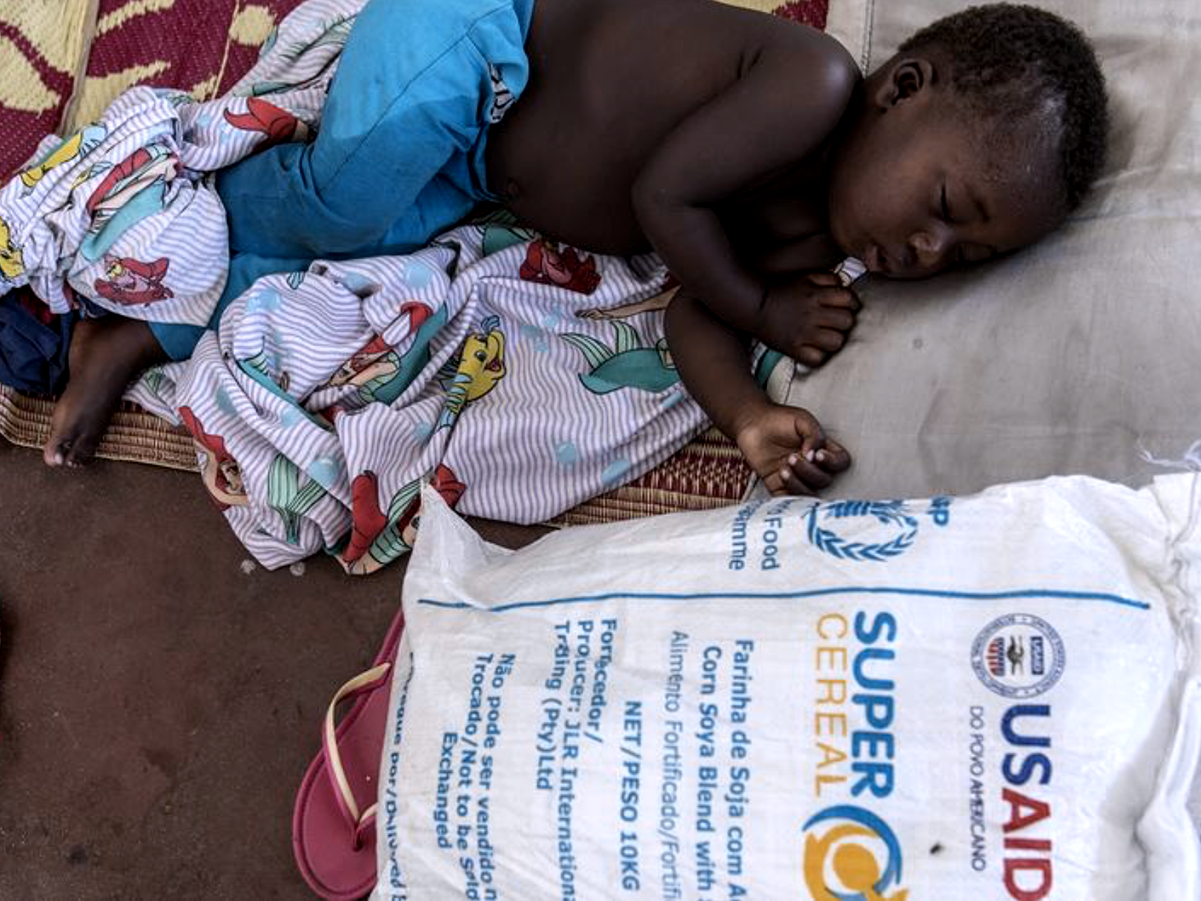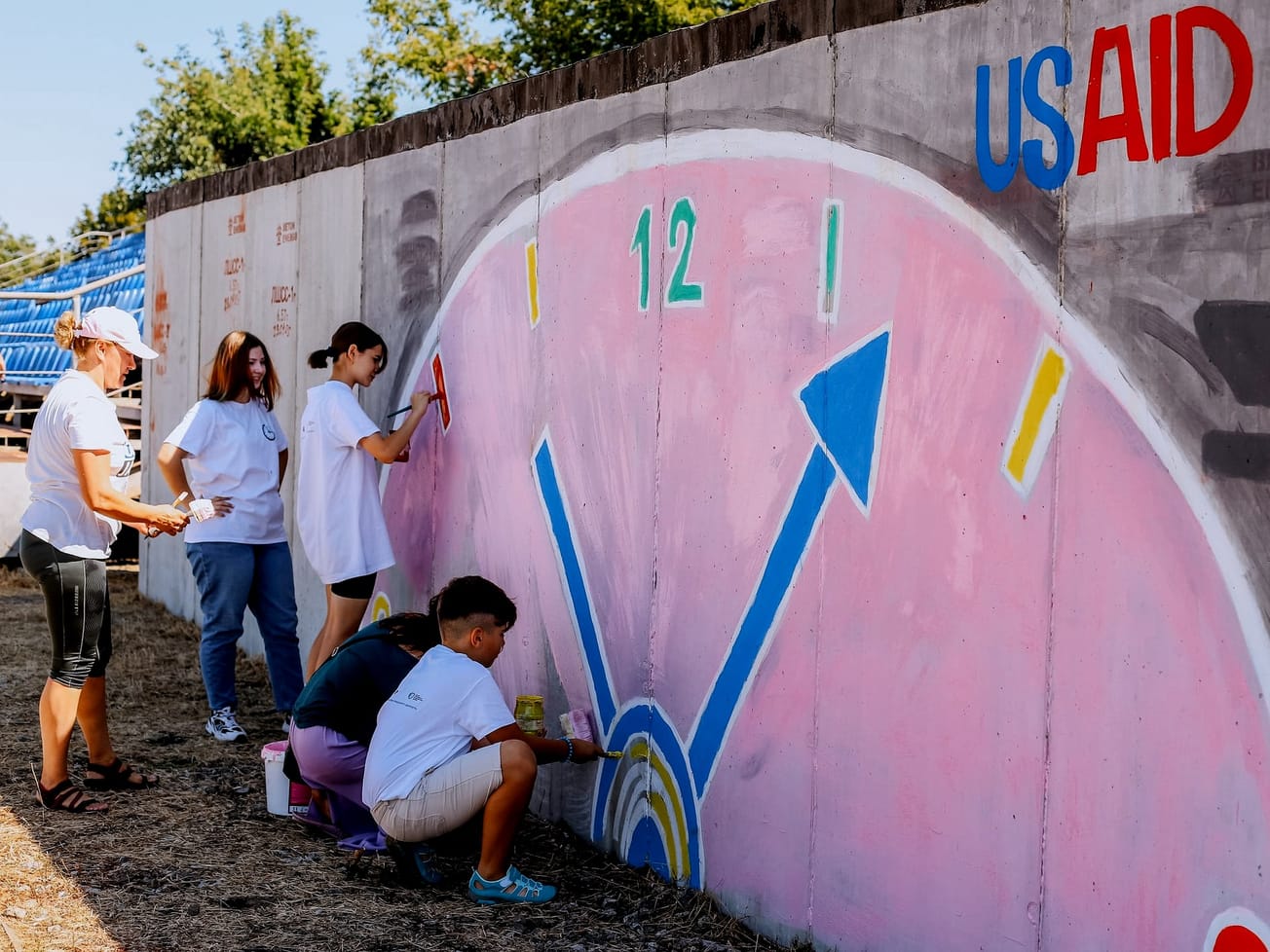GENEVA (AN) — Donors at an international conference pledged more than US$9 billion for victims of Pakistan's climate-induced devastating floods to rebuild their lives after surviving "a monsoon on steroids" that submerged a third of the nation.
The flooding last year killed more than 1,700 people – and its destruction could force 9 million people into poverty. Pakistan's Prime Minister Shehbaz Sharif and U.N. Secretary-General António Guterres co-hosted the daylong conference, which included heads of state among dozens of delegates from nations and international organizations. French President Emmanuel Macron and Turkish President Recep Tayyip Erdoğan took part by videoconference.
"We are at a turning point of history. Events are moving faster than we can imagine," Sharif told the conference. "At the heart of the perfect storm of problems lies this prolonged exposure to a monsoon on steroids. In a matter of two months the ground beneath us was, literally, physically taken away."
The International Conference on Climate Resilient Pakistan had asked the international community to contribute at least half of the US$16.3 billion that will be needed for the nation's climate-resilient reconstruction efforts. Pakistan's Deputy Foreign Minister Hina Rabbani Khar noted the amount pledged exceeded what was sought, and said her government would pay for the rest.
“Taken as a whole, these commitments total more than US$9 billion and from what we know so far, these are all additional commitments from what was already given in terms of humanitarian assistance, etc., from both bilateral and multilateral partners,” she said.
Pakistan's Climate Change Minister Sherry Rehman, however, warned the disaster is far from over for the 8 million people the flooding displaced, saying there will be "a homeless winter for many" among the 20 million people who are still affected.
"And this winter has brought the 19th century back to the human health experience," she said. "It has brought dangers and risks that humanity had forgotten how to plan for. It has brought perils to Pakistan that this century had stopped accounting for."
Significant public health threats in Pakistan, according to the World Health Organization, include the spread of water- and vector-borne diseases, with outbreaks of diarrheal diseases, skin infections, respiratory tract infections, malaria, dengue, injuries, and more. And with health services reduced, said WHO, the management of non-communicable diseases are also affected.
The International Conference on Climate #ResilientPakistan addresses recovery needs as identified in the @GovtofPakistan's Resilient Recovery, Rehabilitation, and Reconstruction Framework (4RF).
— UNDP Pakistan (@UNDP_Pakistan) January 9, 2023
More: https://t.co/oZU4qpDmvC pic.twitter.com/uoSzsnYgiu
'Doubly victimized'
Pakistan's worst disaster in decades last year affected 33 million people and left 1,739 dead, including many children, and more than 13,000 injured. It destroyed or damaged 2 million homes, hundreds of roads and bridges and more than 4 million acres of farmland, the U.N. Development Program said.
The flooding left the nation with an estimated US$15.2 billion in economic losses and US$14.9 billion in flood damages.
Behind the tragic figures resulting from "one of the most destructive climate-induced disasters in recorded history," said UNDP Administrator Achim Steiner, "lie destroyed livelihoods, lost lives, but above the extraordinary challenge of how do you restore hope when you are faced with such a gigantic task."
Steiner called for "a new model of international cooperation" from the conference that goes beyond mere emergency responses to increasingly predictable disasters.
The conference's top donors were the Islamic Development Bank, which pledged US$4.2 billion; the World Bank, which promised US$2 billion; and the Asian Development Bank, which said it would give $1.5 billion.
Saudi Arabia promised US$1 billion and the United States announced it would double its support to about US$200 million. China promised US$100 million; the European Union pledged $93 million; Germany said it would give $88 million; and Japan promised $77 million.
Organizers said the conference has two main objectives:
- Present the Resilient Recovery, Rehabilitation, and Reconstruction Framework (4RF), which lays out a multisectoral strategy for rehabilitation and reconstruction in a climate-resilient and inclusive manner.
- Secure international support and forge long-term partnerships for building Pakistan’s climate resilience and adaptation.
The funding plan is based on a needs assessment by Pakistan and the United Nations, World Bank Group, Asian Development Bank and European Union.
The U.N. and other donors and partners have already helped Pakistan support 2.2 million households with US$245 million in cash plus hundreds of thousands of tents, food, water and medicine.
Guterres called Pakistan a victim of climate change and global financial harm that goes beyond the need for donations. "We also need to right a fundamental wrong. Pakistan is doubly victimized by climate chaos and a morally bankrupt global financial system," he told the conference.
"That system routinely denies middle-income countries the debt relief and concessional funding needed to invest in resilience against natural disasters," said Guterres. "And so, we need creative ways for developing countries to access debt relief and concessional financing when they need it the most."
Guterres said his heart broke when he saw first hand the devastation of last summer’s floods.
"No country deserves to endure what happened to Pakistan. But it was especially bitter to watch that country’s generous spirit being repaid with a climate disaster of monumental scale," said the U.N. chief.
"We must match the heroic response of the people of Pakistan with our own efforts and massive investments to strengthen their communities for the future," he said.
This story has been updated with additional details.









